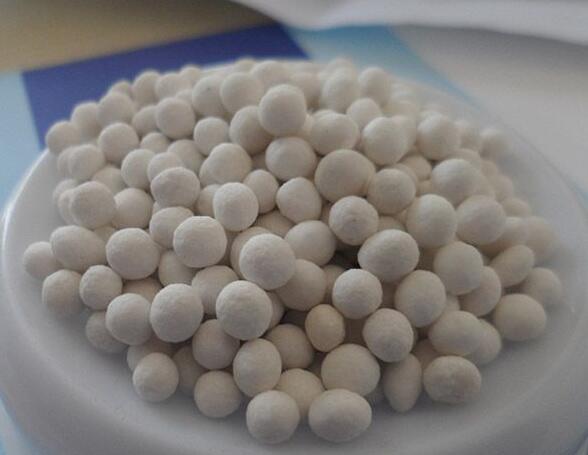Manganese sulfate fertilizer is a type of fertilizer that contains manganese in the form of manganese sulfate. It is used in agriculture and horticulture to address manganese deficiencies in plants and promote their growth and overall health. Here are the primary uses and benefits of manganese sulfate fertilizer:
Manganese Deficiency Correction: Manganese is an essential micronutrient for plants, and it plays a crucial role in various physiological processes. When plants lack sufficient manganese, they can exhibit symptoms of deficiency, such as yellowing of leaves, reduced growth, and poor fruit or seed development. Manganese sulfate fertilizer is used to correct these deficiencies.
Chlorophyll Production: Manganese is necessary for the production of chlorophyll, the green pigment in plant cells responsible for photosynthesis. Adequate levels of manganese support efficient photosynthesis, which is vital for plant growth and the production of carbohydrates.
Enzyme Activation: Manganese acts as an activator for several enzymes involved in the metabolism of plants. It facilitates the breakdown of carbohydrates and nitrogen metabolism, which are essential processes for plant growth and nutrient uptake.

Disease Resistance: Adequate manganese levels in plants can enhance their resistance to certain diseases and stress conditions. Manganese plays a role in strengthening cell walls and promoting overall plant vigor, which can help plants withstand environmental stressors.
Improved Nutrient Uptake: Manganese is involved in the uptake and utilization of other essential nutrients like iron and magnesium. Correcting manganese deficiencies can indirectly improve the plant's ability to absorb and utilize these nutrients.
Crop Yield and Quality: By addressing manganese deficiencies, manganese sulfate fertilizer can contribute to increased crop yield and improved quality of fruits, vegetables, and grains. It is especially beneficial in regions or soils where manganese deficiency is a common issue.
Soil pH Adjustment: Manganese sulfate can help lower soil pH when used in acidic soils. However, it's essential to monitor soil pH levels closely to prevent excessive acidity, which could be detrimental to plant growth.
Compatibility: Manganese sulfate is typically compatible with other fertilizers and agrochemicals, making it easy to incorporate into existing agricultural practices.
It's important to note that while manganese sulfate can be beneficial for correcting manganese deficiencies in plants, its application should be based on soil and plant tissue testing. Applying too much manganese sulfate when not needed can lead to manganese toxicity, which can have adverse effects on plant health. Therefore, it's advisable for farmers and gardeners to consult with agricultural experts or conduct soil tests to determine the appropriate application rates and timing for manganese sulfate fertilizer.



Comments
Please Join Us to post.
0